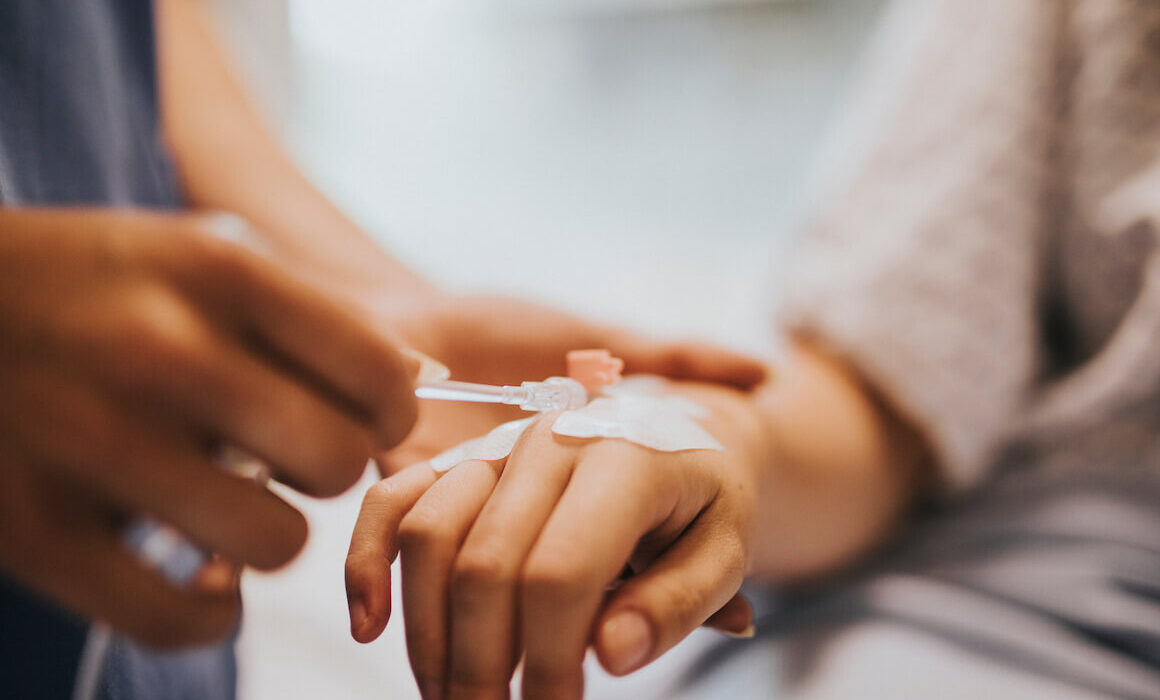Artificial Veins Could Boost Success of Organ Transplants
Published by www.israel21c.org on March 27, 2024.

Globally, there is a persistent shortage of viable organs for transplantation. This unmet need has spurred the development of “engineered organs” — cultivated tissue that mimics the structure and function of livers, hearts, lungs and other vital viscera.
While these in-vitro inside parts can be used to fill the gap in organ supply, it’s really hard to supply blood throughout the newly transplanted tissue.
To solve this problem, Bonus Biogroup, an Israeli biotechnology company specializing in next-generation tissue regeneration therapies, has developed a method of producing a sophisticated network of artificial blood vessels that will enable reliable blood flow to transplanted artificial organs, drastically increasing their viability.
Tomer Bronshtein, VP of Business Development at Bonus Biogroup, elaborates on the issue it aims to resolve.
“One of the biggest challenges in implementing engineered tissue is making sure that it is vascularized. If it isn’t, only the periphery of the tissue which is exposed to blood vessels will be nourished,” he tells ISRAEL21c.
“Now, the body knows how to build blood vessels into new tissue, but this process takes time. After two or three days, if the new tissue is deprived of nutrients, these cells will die,” he says.
“Even if the immune matching is superb — even if you could take it from your twin brother — if it’s not vascularized, it will not work.”
Keep reading at israel21c.org.
Bonus BioGroup Founder, CEO, and President Shai Meretzki, COO Dror Ben-David, and VP of R&D Atara Novak are all Technion alumni.